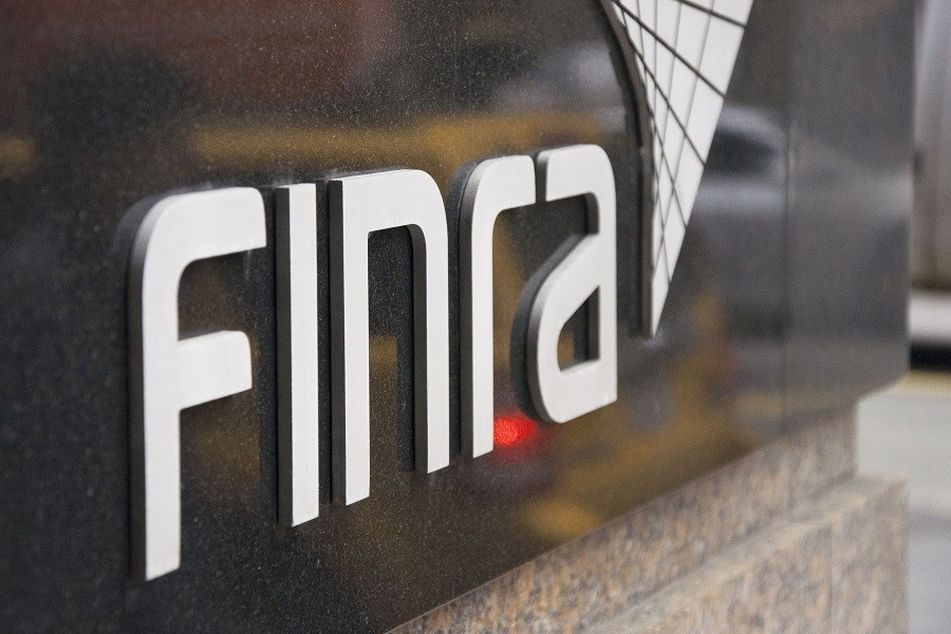Finra projects operating loss, potential drawdown of reserves

Broker self-regulator says it will not increase regulatory fees for member firms this year
Finra is projecting that its expenses will exceed revenues this year, potentially forcing the broker-dealer self-regulator to draw on its reserves, the organization said Friday.
In its 2020 budget summary, the Financial Industry Regulatory Authority Inc. said it expected operating expenses to total $950.8 million, a 2.8% increase over last year. It also projects $74.6 million of capital initiatives this year and $79.4 million of extraordinary initiatives.
Operating revenue is projected to be $868.9 million, which is flat compared to last year. The organization plans to draw about $210 million from its reserves to help cover the deficit.
Finra is planning once again to tap reserves, which are essentially its investment accounts, rather than raise regulatory fees for the 3,517 brokerages that it oversees.
“Over the last several years, we have relied on our reserves to fund budget deficits instead of increasing member firm fees, with 2020 marking the seventh consecutive year we have not increased fees,” Finra chief executive Robert W. Cook and chairman William H. Heyman wrote in a letter accompanying the budget summary. “As a result, Finra has drawn down approximately $650 million from its reserves since 2010.”
The budget summary, which Finra has released each year since 2018, outlines how it plans to allocate its resources. The document complements Finra’s annual financial report, which is usually released in June and provides the financial results for the previous year.
This year, the budget summary came with a warning. The Finra board approved it before the extent of the COVID-19 pandemic became apparent. The outbreak has significantly disrupted both brokerage firms and Finra itself.
“We expect to continue to adjust our operations as appropriate to best achieve our mission as this situation evolves,” Cook and Heyman wrote. “These adjustments and the pandemic’s impact on our member firms may have implications for our financial performance relative to the projections in the 2020 budget.”
For budgeting purposes, Finra does not assume that fine money will be available to support capital initiatives or extraordinary initiatives.
Actual financial results may differ from the budget summary because they will include fines, investment returns and other accounting adjustments. That means that Finra might not have to siphon as much from its reserves as it’s projecting. For instance, the anticipated drawdown in 2018 was $138.1 million, but the net loss for the year turned out to be $68.7 million.
Finra said it will publish a separate report on how it used fine money in 2019. It issued similar reports for 2017 and 2018.
Even though operating expenses have exceeded revenues for two years in a row and may continue to do so, Finra said it does not anticipate raising regulatory fees in the near future.
The regulator’s plans “include continuing to draw down excess reserves over the next five years (including the amount budgeted for 2020) before reaching a minimum targeted reserve level of one year of operating expenses; continuing to focus on prudent management of our expenses; and, as we have previously stated, eventually raising regulatory fees,” Cook and Heyman wrote.
The budget summary and the fine report are part of Finra’s effort to be more transparent about its finances, a goal that was part of the Finra 360 organizational self-examination.
Learn more about reprints and licensing for this article.








